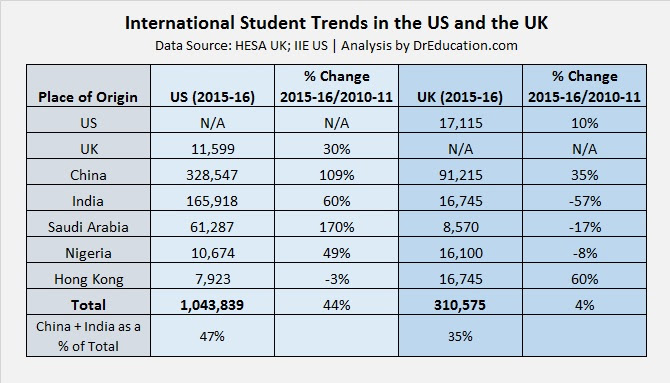How to maintain integrity as an education agent
“With each client there is more learning, as no two cases are exactly the same”
You don’t have to look far to find criticism of education agents in the field of international student recruitment. From headlines condemning onshore student ‘poaching’ to accusations of application fraud, it’s harder to find praise for the role they play in helping students make one of the most important decisions of their lives. Maintaining integrity is essential for this controversial profession. Dharmendra Patel, managing director of the Aussizz Group, explains some of the key principles education agents must abide by.
“Being an advisor who helps prospective students meet their future possibilities means having important responsibilities”
In the past not many people had access to study or work opportunities in different countries. But times have changed, and for the better. Countries like the US, the UK, Australia, Canada, and a few mainland European countries have emerged as leaders that offer education and jobs highly desirable to today’s prospective international students. It is not merely that they pay the top dollar, but they provide a chance to nurture one’s talents and grow to be a contributor. Apart from better-paying jobs, and renowned degree, it is the overall experience one can have which is ever more captivating.
Education agents are often responsible for introducing people to these opportunities. Being an advisor who helps prospective students meet their future possibilities means having important responsibilities. Their role is a diverse one, and the overseas consultant significantly impacts the life of a person who comes to them for proper guidance about the crucial decision of studying abroad.
In most cases, to better understand the client’s perspective and provide the best solution, all dealings happen face to face. With each client there is more learning, as no two cases are exactly the same.
Due to the important role agents play in their clients’ lives, preserving truthfulness and being upright with the people seeking advice is vital. There are certain practices that a consultant can observe to maintain the integrity in the entire process.
